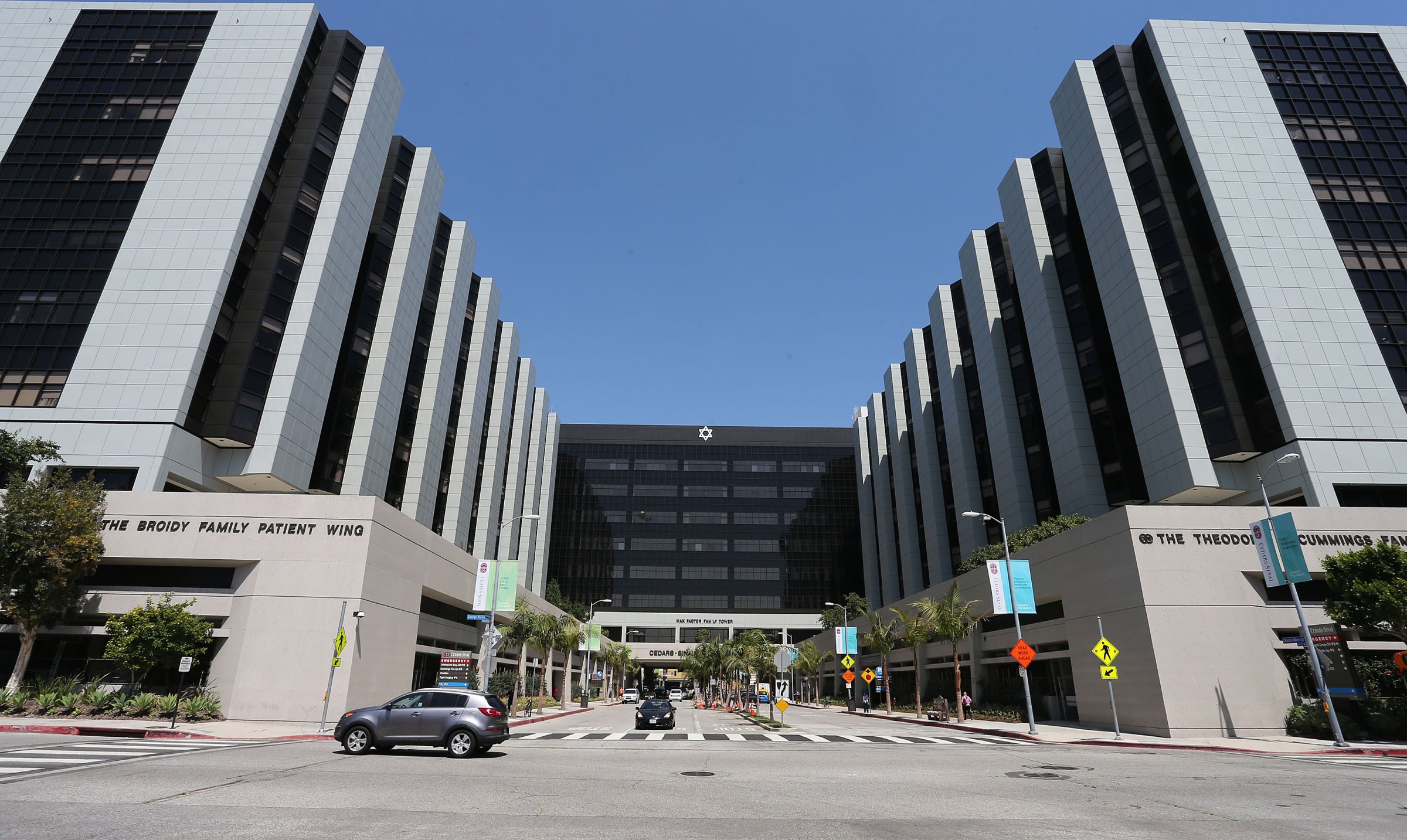
Four patients have been infected with a deadly superbug at Cedars-Sinai Medical Center in Los Angeles, the hospital said Wednesday, and an additional 64 may have been exposed.
Cedars-Sinai began investigating a possible link between CRE infections and one Olympus Corp. duodenoscope used from August to February of 2014 in a procedure called endoscopic retrograde cholangiopancreatography (ERCP), according to the Los Angeles Times. That involves putting a scope down a patient’s throat to diagnose and treat problems in the digestive tract, like gallstones and cancer; about 500,000 people undergo ERCP every year.
MORE: What You Need to Know About the California ‘Superbug’
A similar outbreak occurred at UCLA’s Ronald Reagan Medical Center in mid-February. There, five people were infected by medical scopes with CRE bacteria, and two of them died.
CRE, or carbapenem-resistant Enterobacteriaceae, kills up to half of those infected. One of the four patients at Cedars-Sinai has died, but the hospital said it was for an unrelated reason.
More Must-Reads from TIME
- Donald Trump Is TIME's 2024 Person of the Year
- Why We Chose Trump as Person of the Year
- Is Intermittent Fasting Good or Bad for You?
- The 100 Must-Read Books of 2024
- The 20 Best Christmas TV Episodes
- Column: If Optimism Feels Ridiculous Now, Try Hope
- The Future of Climate Action Is Trade Policy
- Merle Bombardieri Is Helping People Make the Baby Decision
Write to Eliana Dockterman at eliana.dockterman@time.com